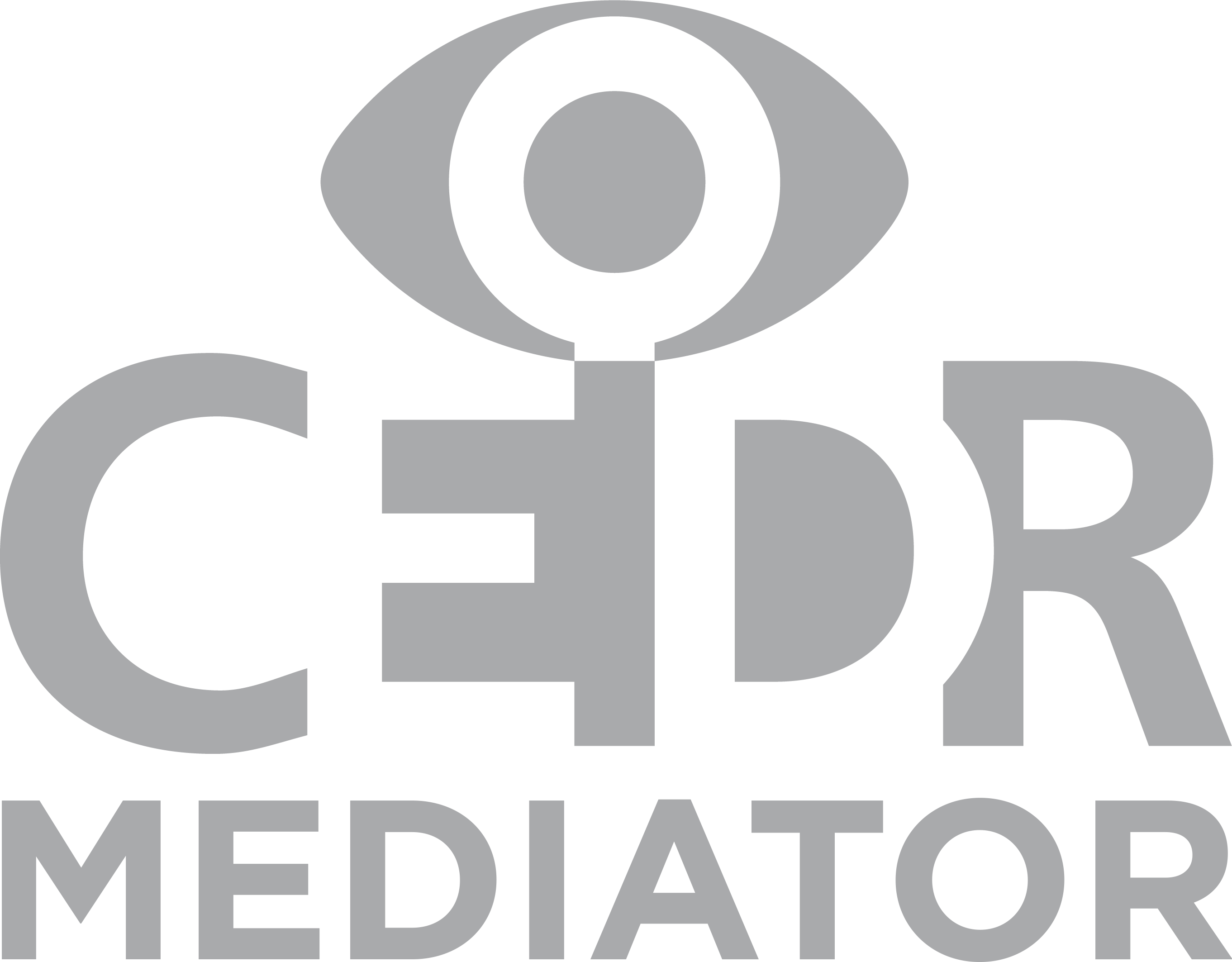Unfortunately, disputes and differences of opinion happen. Sometimes discussions or a clearly worded letter setting out the facts may be all that it takes. A person, not emotionally involved, who can make your case clearly and concisely may be invaluable.
If that does not work, the options are a Court action or using some form of Alternative Dispute Resolution.
Litigation
If you get the courts involved and decide to issue legal proceedings or proceedings issue against you, you will need someone who can represent your best interests.
Suing or being sued is scary. It can be very hard to think clearly when it happens to you. Having someone represent you, who is not emotionally involved is vital. They will be able to step back from the situation, look at it from a number of different perspectives.
The law can be very complicated. There are many different pieces of legislation. Adding a highly emotive situation can make it easy to make mistakes. This is why having someone who understands the law and has experience applying it, is so important.
We at Holohan Lane LLP have lots of experience in litigation. If talking has not resolved your problem, get in touch and see if we can solve your problem for you.
Alternative Dispute Resolution (ADR)
There are alternative options to litigation. ADR can apply specific processes to help find an agreement in resolving a dispute. Each option has its’ own strengths. Knowing which option is best for your situation requires experience. Holohan Lane LLP has that experience.
ADR has a number of benefits over Court :
- Cost—While there are still some costs, the process usually takes much less time which means spending less money on hourly fees and costs.
- Confidentiality—While court hearings are public, ADR remains strictly confidential as between the parties involved.
- Compliance—A decision may either be binding like a judgement of Court or if there is an agreement in place then if necessary, the agreement can be enforced in Court as a matter of contract.
There are different forms of ADR including Arbitration, Conciliation, Expert Determination and Mediation. The main ones are Mediation and Arbitration.
Mediation
Mediation is a way of resolving a dispute between two or more parties. Typically, a third party, (Mediator), assists or facilitates the parties to negotiate a settlement. It can be used in a wide variety of areas such as commercial, workplace, and family matters. Mediation will have a structure and timetable. The process is private and confidential.
Arbitration
Arbitration is usually used to determine complex commercial disputes. The process in arbitration is that an independent third party (Arbitrator) is appointed to resolve a dispute instead of a judge in court. Arbitrators must apply the relevant law. Arbitration can be used by parties pursuant to a specific provision in a contract between them or it may be ordered by the Court. It is also open to the parties in dispute to agree to engage in arbitration. The obvious advantage of arbitration is that the dispute can be handled by a specialist in the area concerned. The judgement of an Arbitrator is called an award and is usually binding. In Ireland an award may only be challenged on limited procedural grounds as to how an award was made as opposed to the award or decision itself.
Our Senior Partner, Bill Holohan is accredited as a Mediator by both CEDR (the Centre for Effect of Dispute Resolution) and CIArb (the Chartered Institute of Arbitrators). He is also accredited as an Arbitrator by CIArb.
We have won a number of awards in recent years in this and other areas. See our Awards page.
Should you wish to engage a mediator or arbitrator in your dispute, Holohan Lane LLP can help.




